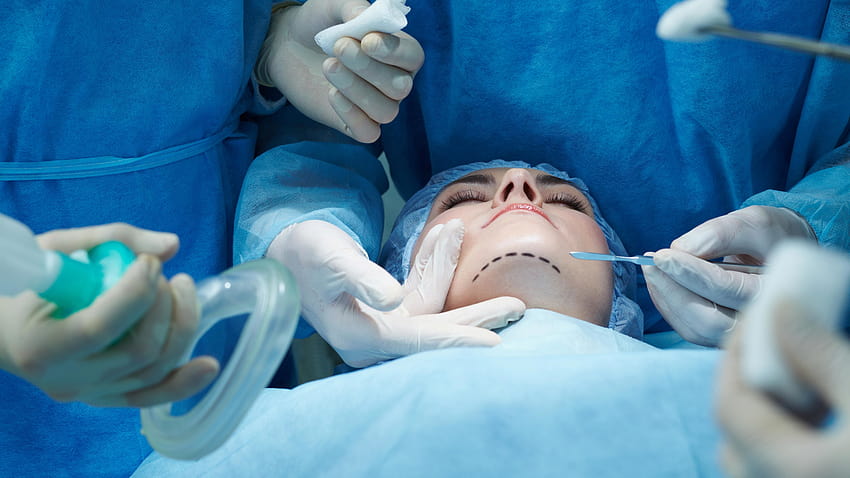
FAQ About Plastic Surgery
How safe is plastic surgery?
The safety of plastic surgery depends on various factors, including the type of procedure performed, the qualifications and experience of the surgeon, the overall health of the patient, and adherence to proper pre-operative and post-operative care. When performed by a skilled and board-certified plastic surgeon in a reputable medical facility, plastic surgery is generally considered safe.
However, like any surgical procedure, there are inherent risks and potential complications associated with plastic surgery. These can include adverse reactions to anesthesia, bleeding, infection, scarring, poor wound healing, asymmetry, changes in sensation, and dissatisfaction with the results. It is essential for patients to have a thorough consultation with their surgeon, undergo appropriate medical evaluations, and discuss potential risks and benefits before making an informed decision.
To enhance safety, it is crucial to choose a qualified plastic surgeon who is certified by the appropriate board, such as the American Board of Plastic Surgery in the United States. Board certification ensures that the surgeon has undergone rigorous training and has met specific standards of expertise and ethical practice.
Additionally, following the surgeon's instructions for pre-operative preparation and post-operative care is vital for minimizing risks and promoting optimal healing. Patients should disclose their complete medical history, including any underlying health conditions, medications, or allergies, to their surgeon to ensure the procedure is performed safely.
It is worth noting that the safety of plastic surgery has significantly improved over the years due to advancements in surgical techniques, anesthesia, and patient monitoring. However, every surgical procedure carries some level of risk, and it is important for patients to have realistic expectations, be fully informed, and carefully consider the potential benefits and risks before proceeding with plastic surgery.
